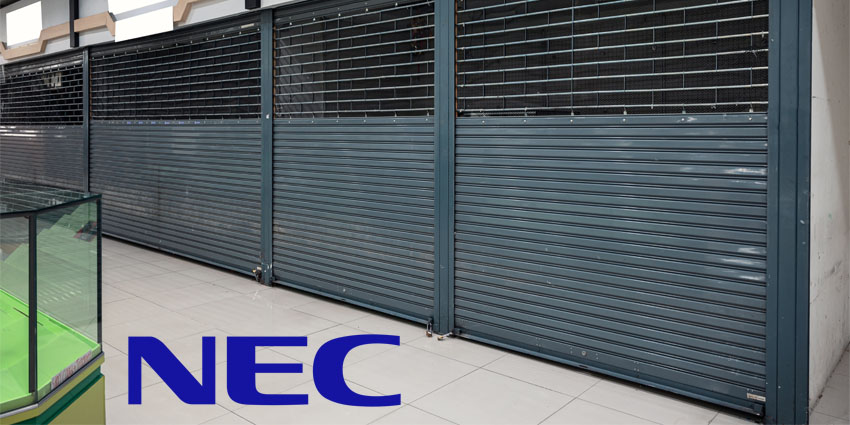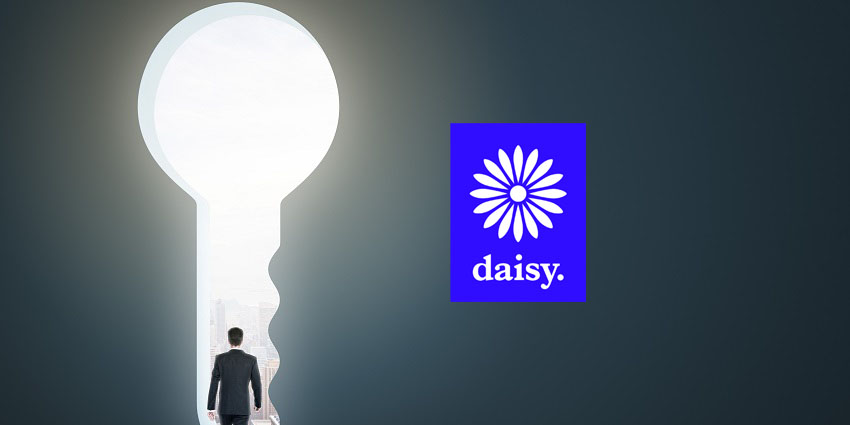The way we consume technology today is changing. Not only do businesses not want to be forced into making large upfront purchases of hardware, but they don’t want to dedicate time and resources to managing renewals and upgrades, or be tied to inflexible, long-term contracts.
The same applies to Unified Communications (UC) solutions – businesses want the latest hardware that delivers a competitive advantage in the market, but without the hassle and cost associated with traditional IT purchasing.
As such, Wildix says its Hardware-as-a-Service (HWaaS) option is growing in popularity among customers. This is especially noticeable with COVID-19 presenting so much market disruption and economic uncertainty. Businesses are switching from traditional CAPEX investments to more flexible OPEX-based tech spending that delivers the solutions they want, without the obligations of purchasing.
“At the moment, people are sceptical about taking longer term contracts,” said Ian Rowan, Senior Channel Manager at Wildix UK. “Customers want the ability to flex up and down if something changes in the workplace.”
Rowan also noted that financial institutions currently have less appetite to lend money to businesses, so customers are considering alternatives.
Flexibility and ability to scale
Noting this trend, Rowan said Wildix now offers its entire product range – which includes phones, headsets, video conferencing units and gateways – as-a-service. Selling via the channel, it opens up opportunities for partners to capitalise on this growing appetite for subscription-based IT.
It also means that neither customers nor partners will need to face any financing issues. The devices are issued on a 30-day rolling contract, with a minimum of six months’ commitment, so the partner has the flexibility to change those devices after just six months.
The customer also has the option to scale their contract in line with their business’ requirements, and regularly benefit from the latest upgrades, for the equivalent price of a cup of coffee per user, per month.
“You get the latest and greatest devices so you don’t have to worry about it getting out of date,” said Rowan.
“You also get covered even for accidental damage – which can easily happen when people are working from home. We replace it if it’s broken, lost or stolen, or even if it’s looking a bit grubby. Even five years’ down the line, you still have a brand new device.”
“Meanwhile, partners also don’t need to worry about maintenance stock or dealing with leasing companies.”
Recurring revenue stream
According to Deloitte Insights, 81% of businesses increased their use of OPEX following the Covid-19 pandemic. By 2025, 87% of business leaders expect that more than half of the technology for their enterprises will be purchased using this method.
HaaS introduces another recurring revenue stream to the partner, as well as providing an opportunity for upselling and cross selling, and helps them maintain an ongoing, close relationship with the customer.
Said Rowan: “HWaaS eliminates the barriers to the sale, such as concerns around third party finance or making large CAPEX investments. There is no big outlay or long term contracts, so it’s win-win for the customer and the partner.”







